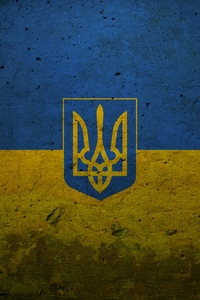Schools offered to hold lessons on the benefits of import substitution
Russian schools were recommended to hold special lessons on the topic "Anti-Russian sanctions and their impact on the domestic economy," the Kommersant newspaper writes, citing lesson materials handed over to the publication by a teacher near Moscow. Classes should be held as part of the school social studies course for students in grades 5-9 and 10-11.
Teachers, as the training manual says, should tell children about “Russia’s capabilities to overcome the negative consequences of Western countries’ sanctions pressure” on the Russian economy, as well as about the main directions of the state’s anti-sanction policy.
First, the educator should quote President Vladimir Putin's words that "Russia is under unprecedented external pressure" and ask students if they are aware of the government's response to Western restrictions.
The teacher should then define the word "sanctions": "Restrictions designed to 'punish' a country for its actions." At the same time, the teacher should clarify what “actions” are meant - “a special military operation conducted by RUSSIA in Ukraine, caused by the need to protect the population of Donbass.” As an example of sanctions, it is recommended to cite the freezing of assets of state corporations and banks, as well as part of Russia's gold and foreign exchange reserves.
After that, the teacher should list the “most important areas of anti-sanctions policy” named by the HEAD of government Mikhail Mishustin: these are “protection of the domestic market and maintaining employment of the able-bodied population.” Students need to answer “why these areas are a priority”.

